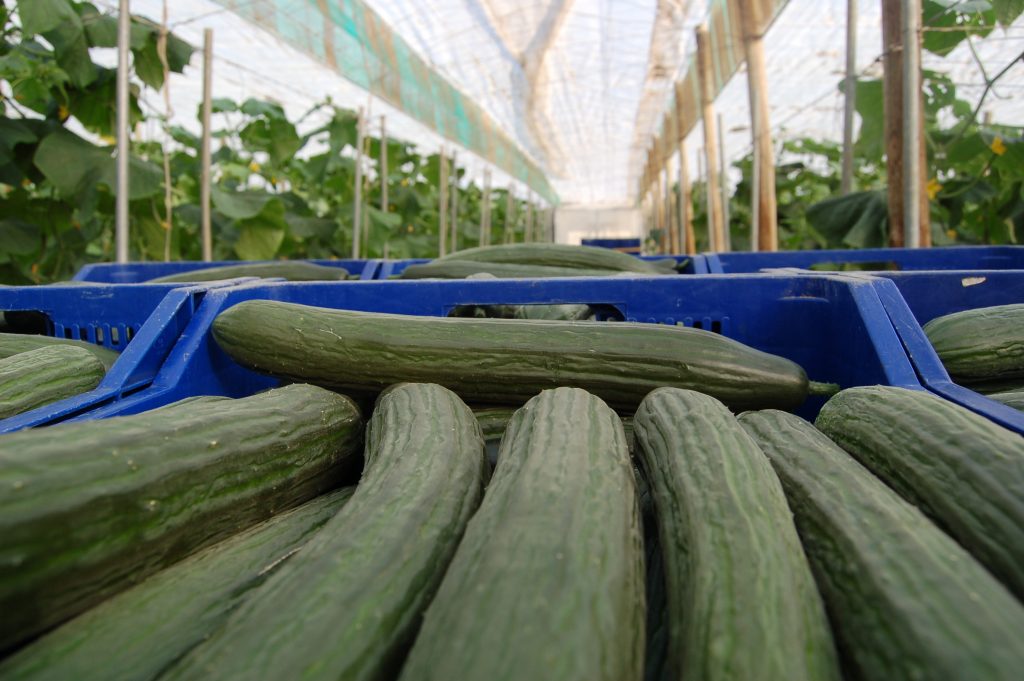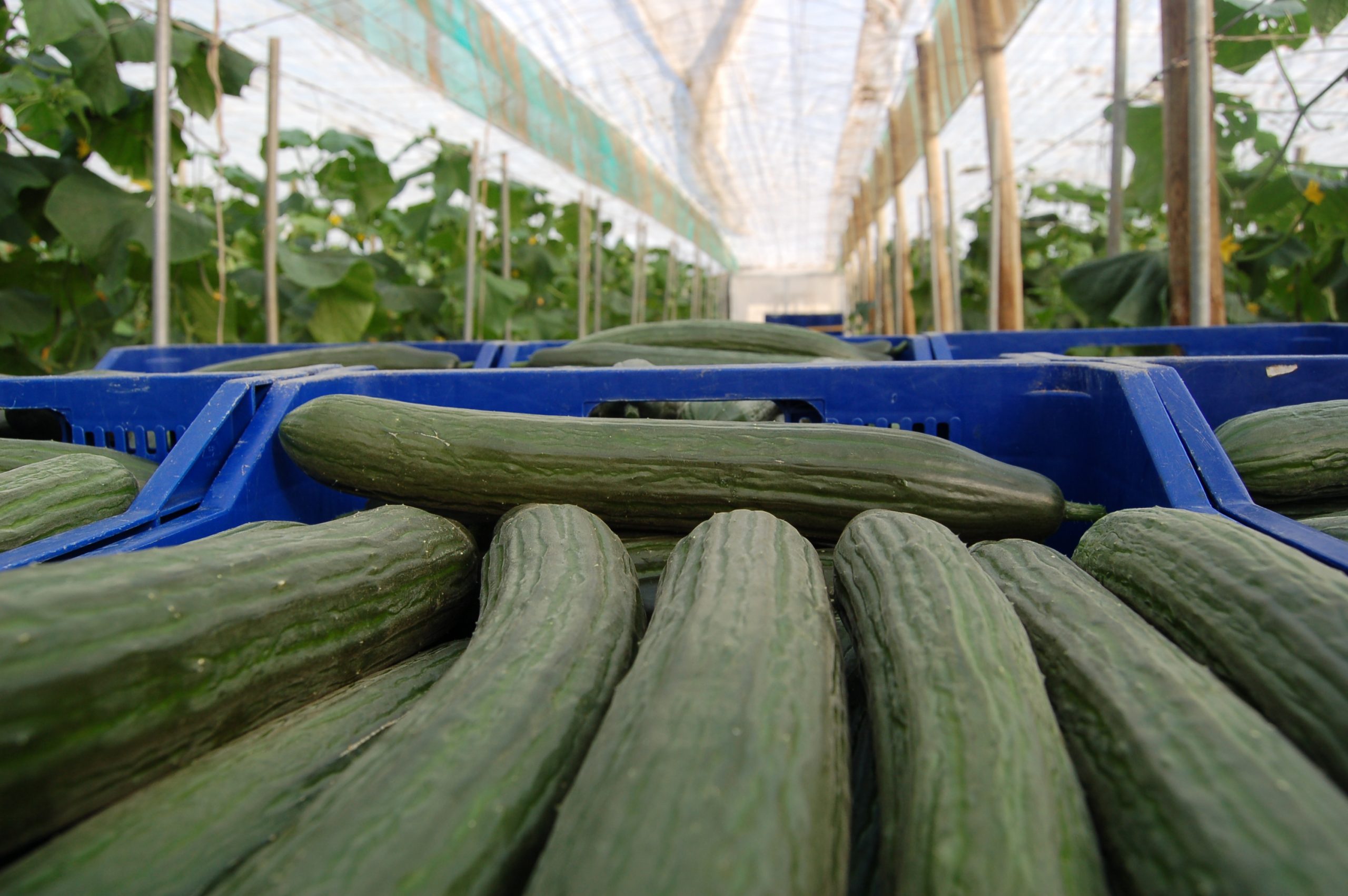Almeria strives to supply Europe
This season will not go down in history as being normal for the greenhouses growers in Almeria. First, the high temperatures recorded in autumn and a warm start of the winter, and now the persistent low temperatures, have caused an unusual panorama that is leading to a generalized lack of kilos of all fruit and vegetable products. The supply of fruit and vegetables in Europe is at serious risk at the moment.
The scenario is practically the same in other related production areas and for other types of crops, as was reflected in the last national fruit and vegetable sectoral meeting.
Cold weather also in Berlin
In fact, this was one of the main topics of conversation between companies from Almeria and their customers during the last edition of the Fruit Logistica fair in the German capital.
The lack of production in the Almerian countryside is clear and can be confirmed with data. For example, the volume of tomato marketed between weeks 5 and 7 is 22% lower than those sold in the same period the previous year.
The pattern is also repeated for cucumber. The percentage of production drop in this product is 21%. In pepper and aubergine the figures exceed 25% of reduction; in the case of courgette the figure is slightly lower (15%).
The situation is becoming warrisome as some companies are starting to have problems in meeting their customers’ schedules.
According to Luis Miguel Fernández, CEO of the Association of Fruit and Vegetable Growers’ Organisations of Almeria (COEXPHAL), “we were not expecting this situation because the high temperatures have been maintained practically until December, which has also accelerated production throughout the first part of this campaign”.
The price does not solve the situation
Despite the high prices in recent weeks, the numbers are not adding up. Farmers are earning more per kilo, but the reduction in the volume of production is so high that it is not enough to cover the current gap. In addition to all these disadvantages, there is the constant increase in production costs and the difficulties caused by pests and viruses.
Fernández explains from COEXPHAL that “for us, the ideal thing would be to be able to maintain a normal production rate because this would help us to balance volume and price for our growers”.
The manager of the growers’ association recalls that “our companies are doing the impossible to fulfil all their commitments, but it is practically unfeasible given the circumstances”.
War, inflation and inclement weather paint a picture of uncertainty that is not alien to agriculture. Distribution is asking for an increase in shipments from Almeria and companies are doing their utmost to comply with the programmes. The reality is that demand far exceeds supply at the moment.
An increase in temperatures over the next few weeks could improve the situation, it is necessary to observe the plants will respond to such a changeable climate, first with an exaggerated prolongation of the hot days and then the sudden onset of cold.
One of the worst-case scenarios is that clients, faced with a shortage of produce, are looking for it in other markets and from other origins. This situation could have negative consequences in the medium term because it puts the entry of produce from third countries into the Spanish fruit and vegetable sector’s natural market at a new advantage.
About COEXPHAL
COEXPHAL is currently made up of 101 companies producing and marketing fruit and vegetables and the ornamental sector, with a provincial representation of 70% in exports, 65% in fruit and vegetable production and 77% in ornamental production.
The COEXPHAL Ornamental section groups 38 companies that in the 2021/2022 season produced 40,064,723 live plants, 98% of which were for export and the rest for the domestic market.




